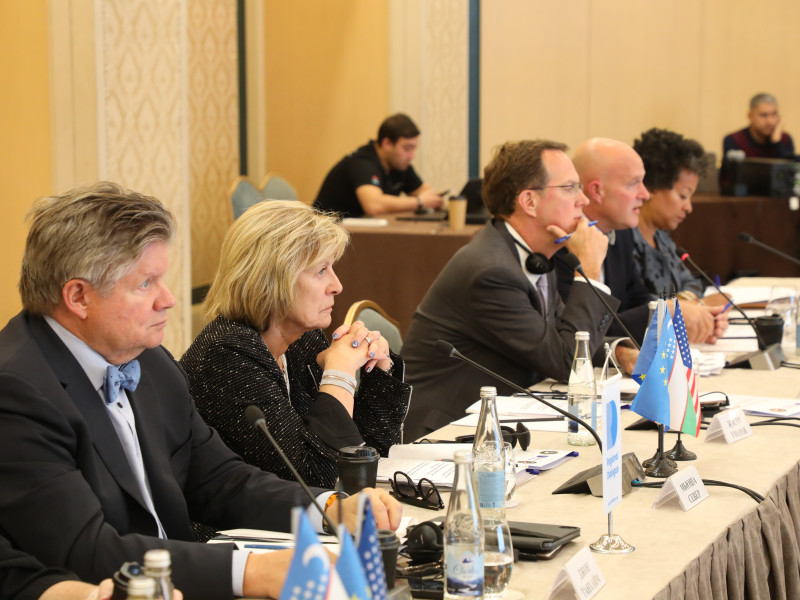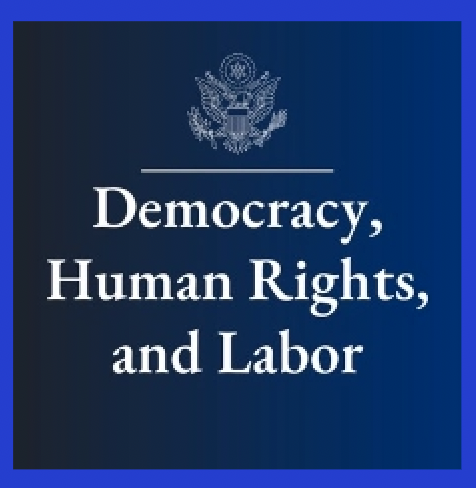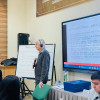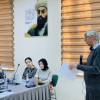
In response to Uzbekistan’s integration of new technologies into its justice system and the growing challenges of cyber threats, Regional Dialogue organized a three-day conference held from 3 to 5 October 2023 in Tashkent. During their opening speeches, Deputy Chairman of the Supreme Court, Judge Halilillo Torakhojaev, US Ambassador H.E. Jonathan Henick, and Regional Dialogue Director Mjuša Sever, emphasized the importance of this event and the exchanges of foreign experiences in further strengthening the independence of the judiciary and ensuring justice stability. During these three days, approximately 35 judges and court IT professionals engaged in discussions alongside six U.S. experts. Judge John R. Tunheim, Federal District Court of Minnesota, Magistrate Judge Jonathan E. Hawley, Central District Court of Illinois, Magistrate Judge Anthony E. Porcelli, Middle District Court of Florida, Magistrate Judge Noelle C. Collins, Eastern District Court of Missouri, Magistrate Judge David A. Sanders, Northern District Court of Mississippi, and Heather Restifo, Director of Information Technology, District Court of Rhode Island, covered topics on cybersecurity and use of IT tools in judiciary. On the first day, key topics covered common cybersecurity threats to court IT systems, the importance of a secure court-wide IT infrastructure, and facilitating public access to court information without compromising internal cybersecurity. Discussions also revolved around policy development, disaster recovery planning, the role of the IT Security Task Force, and ongoing threat assessment and user education for court IT systems. On the second day, the topics moved from the systems to individual users of the court’s IT systems. U.S. experts offered insights and shared their experience with Uzbek counterparts regarding U.S. judicial training programs aimed at cultivating effective practices when handling work-related documentation and information. The last day was dedicated to the use of IT tools in practice, such as video-conferencing for conducting hearings, surveillance of electronic communications, and exercising judicial supervision of the assessment of received electronic evidence. All attendees agreed that it is hard to maintain a fair balance between parties’ convenient access to the court and the potential legal implications it may have on the proceedings, along with the various ramifications of conducting the procedure virtually, which poses a formidable challenge.


Uzbekistan faces a major challenge in aligning its procedural laws with constitutional provisions by December 2023. Participants agreed that events like these offer access to over two centuries of U.S. experience in continually refining criminal proceedings. Judges also stressed the importance of continuous training for law enforcement in this field. This event was organized by Regional Dialogue, with grant support from the U.S. State Department INL Bureau, and in cooperation with the Supreme Court of the Republic of Uzbekistan.











